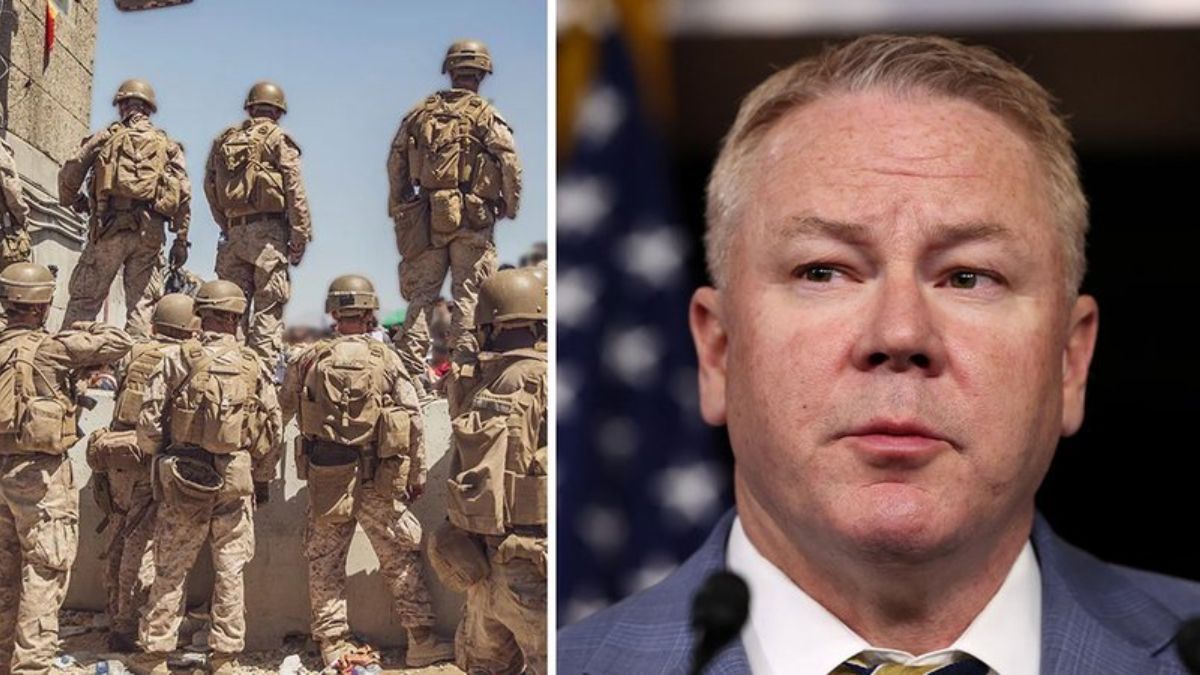Rep. Warren Davidson, R-Ohio, has introduced a groundbreaking bill aimed at providing significant financial relief to U.S. service members stationed abroad. The proposed legislation, known as the BRAVE Act, seeks to amend the IRS code to extend tax exemptions to all service members deployed overseas, regardless of their location. Currently, tax relief is available only to those deployed in designated combat zones.
The BRAVE Act aims to address a notable disparity in tax benefits. While service members deployed in combat zones such as Iraq or Afghanistan receive tax exemptions on their salaries, those stationed in other foreign countries, such as Chad or the Indo-Pacific, are not afforded the same relief. Davidson’s bill proposes to extend this tax benefit to include all non-permanently deployed service members, recognizing their contributions and sacrifices irrespective of their location.
“When our soldiers deploy for combat, they don’t pay taxes. When they deploy around the world to promote peace and deter war, they pay taxes,” Davidson stated. “The BRAVE Act makes it clear: reward both of these deployments—respect our warriors.” This initiative is not just about financial relief; it reflects a broader effort to support military personnel amid growing recruitment challenges.
The U.S. military has faced recruitment shortfalls in recent years, struggling to meet its goals due to factors such as inflation and competitive private-sector wages. The House-passed National Defense Authorization Act, which includes a 4.5% pay increase for all service members and a 15% boost for junior enlisted troops, is currently under negotiation with the Senate. Davidson’s bill aligns with these efforts to enhance service member compensation and support.
The BRAVE Act is seen as a strategic move to improve the financial conditions for U.S. troops, many of whom are stationed in various international locations. By providing tax relief to all deployed service members, the bill aims to address inequities and reinforce the nation’s commitment to its military.
Additionally, the suggestion is being made at a time when the Air Force, Navy, and Army have all reported serious recruiting shortages. Specifically, the Army had 452,000 active-duty soldiers at the conclusion of the fiscal year 2023—the lowest military strength since World War II. The Marines and Space Force, on the other hand, reached their recruitment goals. In order to relieve some of the financial strains that military members experience, the BRAVE Act may be a critical step that supports efforts to recruit and retain personnel.


